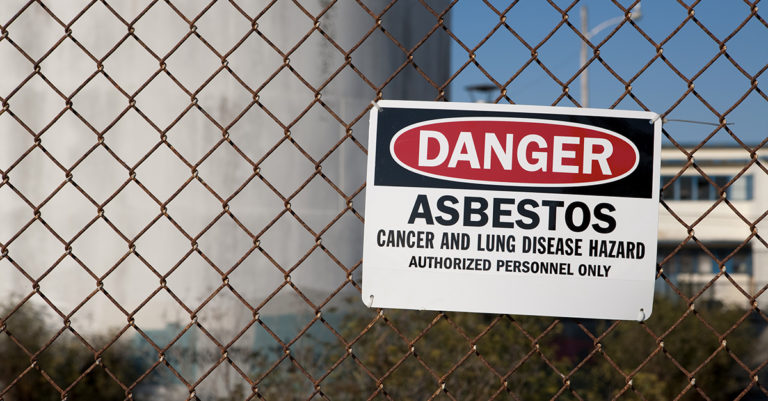

After enrolling 145 survivors in its first few months of operation, the Independent Reconciliation and Compensation Program (IRCP) has entered Phase 2. The program, founded by Archbishop of New York Timothy Cardinal Dolan, seeks to compensate survivors of sexual abuse committed by members of the New York clergy.
While eligible survivors have urged others to come forward, critics remain uncertain of the program’s value. Seeking justice through the courts is a very brave thing to do and deserves respect, whether it be in the form of financial compensation or not. However, compensation cannot undo the pain the church has inflicted. It’s therefore imperative for potential applicants to be aware of all the facts before proceeding.
The IRCP vs. Legal Representation
The New York Archdiocese sought a $100 Million loan to pay sexual abuse settlements and is already in the process of paying compensation to Phase 1 applicants. While the church claims this is an attempt to provide closure, critics are concerned that the Archdiocese is in fact limiting the potential for future litigation.
For example, damages come with an agreement never to take the case to court. Another limitation is that the program only considers claims against archdiocesan priests or deacons, excluding claims relating to members of religious orders or other priests.
“[Dolan] is presenting it as mercy, but it’s actually a shrewd strategy,” said Anne Barrett Doyle, co-director of BishopAccountability.org.
Former director of the New York Chapter of the survivors’ network, Mary Caplan, said she would “encourage victims to think long and hard before approaching church officials or their representatives.”
While the state appears to have recognized a need for such a fund, the IRCP may not be the best course of justice for survivors. With the fund’s complicated stipulations, applicants may also be in danger of signing away their legal rights. To avoid this, and to make the right choice from other legal options available for each case, survivors need legal representation to navigate the process for them.
New Child Victims Act Bill Killed
In terms of options available, the second wave of IRCP enrollment comes at an interesting time – although survivor advocates doubt the timing is coincidental. This month, proposals for changes to the Child Victims Act were under negotiation.
Governor Andrew Cuomo introduced a long-awaited bill identical to the bill recently passed by Assembly: changing the deadline of age 23 for bringing civil or criminal cases to age 50 and 28, respectively. The bill also allowed a one-year window to revive old cases.
This bill was 11 years in the making, thanks to opposition from Senate Republicans, whom victim advocates accuse of siding with predators instead of children. However, amid concerns from opponents – including the Catholic Conference – about the one-year window opening the floodgates to superficial cases, the GOP majority has voted against the Act.
“It’s under discussion, but the Senate is not going to be taking that bill up,” said majority leader John Flanagan.
One way the IRCP sets itself apart is by allowing survivors whose cases are too old for court another opportunity to seek justice. If this bill were passed, that differentiator would no longer be relevant. Yet supporters of the IRCP hoped the program would at least add momentum to reforming statute’s strict age limitations.
What Does This Mean for Survivors?
For those who may have benefited from the provisions of this bill, this news comes as a blow. Sexual abuse survivors and advocacy groups had urged Cuomo to set negotiations in motion before June 21, the end of the legislative session. As Senator Brad Hoylman, Manhattan Democrat and sponsor of the bill, lamented, not even thousands of survivors are enough to “move this body to actually comprehensively address the issue of child sexual abuse.”
Perhaps as expected, the decision to “kill the bill” has been met with fierce disappointment. This again leaves the Senate Republicans under scrutiny for supposedly attempting to protect predators.
However, Cuomo’s bill is the latest of several versions that failed to make it through the legislative process. Advocates vow they will be back next January to reignite the fight for justice. The hope is that legislative leaders eventually have a change of heart and allow victims the rights they have been denied for so long.
Meanwhile, for those who are unsure on whether to proceed with a sexual abuse lawsuit, legal advice is needed. Time to submit claim papers for the IRCP is limited, and the New York sexual abuse lawyers with Simmons Hanly Conroy can help you understand your legal rights.




